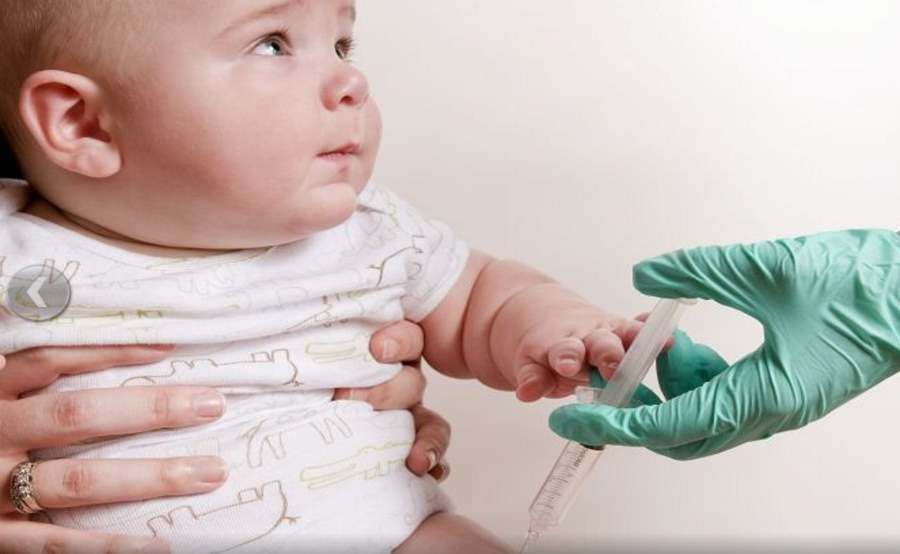Leukemia in children a result of sterile conditions growing up?
A leading British cancer specialist has suggested that many cases of leukemia in children are caused by common infections such as influenza and can be prevented. All due to exaggerated cleanliness in homes. Children growing up in sterile conditions have higher cancer risk.
Professor Mel Greaves of the Institute of Cancer Research in London has assessed the most comprehensive body of evidence ever gathered on acute lymphoblastic leukemia – the most common type of childhood cancer. His research suggests that the disease is caused by a two-step process of genetic mutation and exposure to infection, which means it can be prevented with stimulatory therapies or "strengthening" The immune system in infancy.
According to the researcher, the first stage involves a genetic mutation, whichóra occurs even before birth and predisposes children to leukemia. However, only one percent of children with this genetic change develop the disease. The second of these stagesóin is crucial. According to Greaves, the genetic change that causes lymphoblastic leukemia is caused in children by common infections, but only affects children, które were raised in an overly clean environment and had no contact with other children.
Acute lymphoblastic leukemia is a particularólnie prevalent in advanced and affluent societies. On top of that, the number of patients continues to increase at a rate of about 1 percent. annually. Professor Greaves says this type of cancer in children is a paradox of progress in the coómodern societies. Insufficient exposure to microorganisms in early life is responsible, resulting in a malfunctioning immune system.
In an article published in „Nature Reviews Cancer” Professor Greaves analyzed the findings of the scientcóIn from around the world conducted for more than 30 years. In it, he disputed previous reports of possible environmental causes of leukemia, such as ionizing radiation, electric cables, electromagnetic waves or man-made chemicals – arguing that none of these are supported by solid evidence.
Greaves says infections early in life are beneficial to children’s immune systems. If, on the other hand, the infection occurs in póA later period in children whoóre previously not ill, it can have fatal consequences. The researcher suggests that leukemia in children, like other autoimmune diseases and allergies, can be prevented if the child’s immune system is properly "armed" In the first year of life.
– The problem is not infections, but the lack of them – will experience Greaves, and he adds that children should not be kept under a cloche. The professor also encourages contactóin the first year of life with as many children as possible. Detailsólnie with those of the older.
The scientific community is wary of Greaves’ claims. Researchers emphasize that additional research needs to be done on lympholblastic leukemia and that there is currently no proven link between the cancer and a specific infection. – The research sheds light on how a form of blood cancer can develop in children, but at present we do not know what can be done to prevent the disease – mówi Professor Charles Swanton of Cancer Research UK.
The Institute of Cancer Research, where Greaves works, called the analysis a landmark paper. – This work debunks myths about childhood leukemia and for the first time presents a unified theory for most cases ofów. As a result of this work, in the future childhood leukemia may become a disease thatórej will be able to prevent – stated Professor Paul Workman, director of the Institute.
